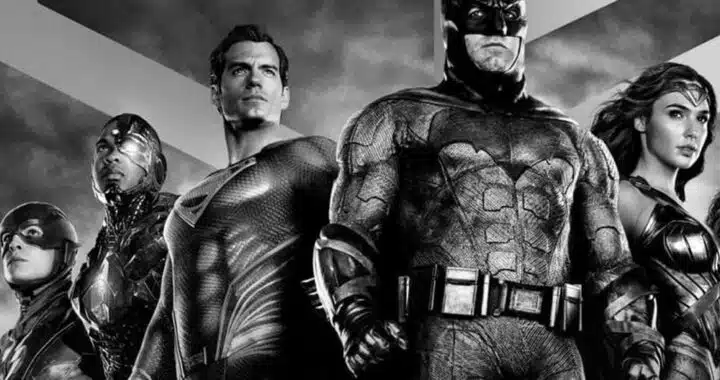
‘Everything Everywhere All at Once’ and the Politics of Genre
In genre-busting sci-fi Everything Everywhere All At Once, the multiverse is not a genre but a metaphor that invites audiences to think about the complexities and politics of genres.

In genre-busting sci-fi Everything Everywhere All At Once, the multiverse is not a genre but a metaphor that invites audiences to think about the complexities and politics of genres.

Aquaman can be read as an allegory that responds to the climate change crisis, an era in which the oceans have become sites of warfare and mass death.

Jane Campion’s The Power of the Dog undermines “toxic masculinity” – a term that evokes the existence of alternative masculinities.

The creation of Zack Snyder’s Justice League shows that the powerful few fear any form of democracy—even when it’s about something as seemingly innocuous as a superhero film.

From the onset, Amanda Gorman's poem, "The Hill We Climb", dissolves the ideology that a presidential inauguration announces the new and deracinates the present from the past.

Concepts within indigenous futurism such as Native slipstream, First Contact, Indigenous Science, and Native Apocalypse, help shape emerging narratives about Indigenous futures.

As with Da 5 Bloods, Spike Lee's films are replete with experimental aesthetics that deconstruct the conventions of (white) Hollywood and re-frame and re-contextualize Black lives and Black history.

Join us -- at a safe distance -- on this journey through the canonical and radical as we look to literary representations of pandemics in the past to help us understand the politics and possibilities of the present COVID-19 pandemic.

Rather than write about death and the world unfolding in the throes of the Black Plague, Giovanni Boccaccio instead wrote about the utopian potential of storytelling.

Gloria Bell painfully conveys that this economic system thrives on our isolation.